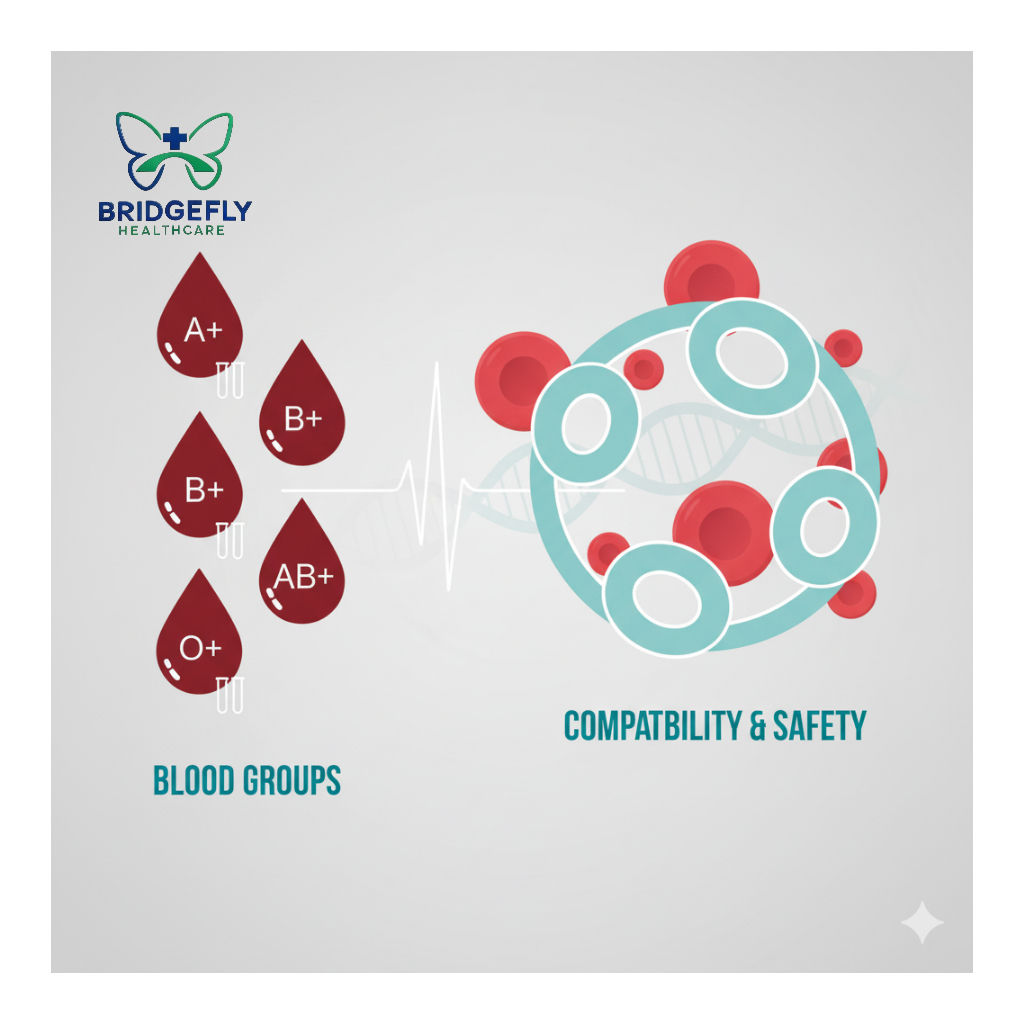
Blood Group
Important in blood transfusions/before surgery
₹100.00
Blood group testing is an essential process in the field of medicine, serving several critical purposes. Understanding an individual's blood group is vital for safe blood transfusions, organ transplantation, and pregnancy management. Firstly, the most immediate importance of blood group testing is its role in blood transfusions. There are four primary blood types: A, B, AB, and O, each of which can be positive or negative for the Rh factor. Transfusing incompatible blood can lead to severe and sometimes fatal reactions. Hence, identifying a patient's blood type ensures compatibility with donor blood, safeguarding the patient's health during surgeries or emergencies where transfusions may be necessary. In organ transplantation, blood group testing is equally crucial. Successful transplant procedures often depend on the compatibility of the donor's and recipient's blood types, as mismatches can lead to organ rejection. Knowing the blood group helps medical professionals select the most suitable organ donors and enhance the chances of transplant success. Moreover, blood group testing holds significant implications during pregnancy. The Rh factor plays a critical role as well; if an Rh-negative mother carries an Rh-positive baby, it can lead to hemolytic disease of the newborn. Early identification through blood group testing allows for appropriate medical interventions, such as administering Rh immunoglobulin, to prevent complications. Furthermore, blood group tests aid in forensic science, paternity testing, and disease susceptibility research. Each blood type has specific characteristics that can provide insights into genetic backgrounds and health risks associated with certain blood groups. In summary, the blood group test is an indispensable tool in modern medicine, ensuring safety in transfusions, successful organ transplants, healthy pregnancies, and providing vital information for various medical and forensic applications.
1.TEST FOR A,B,AB,O
2.TEST FOR Rh FACTOR